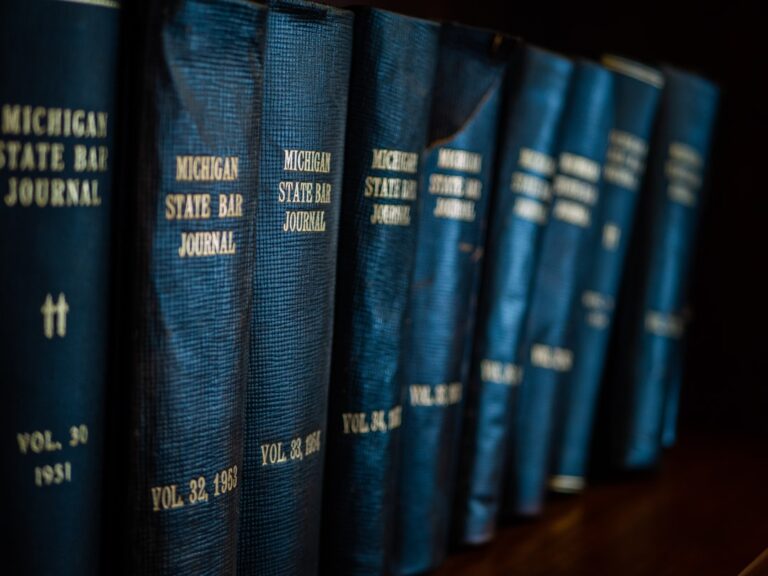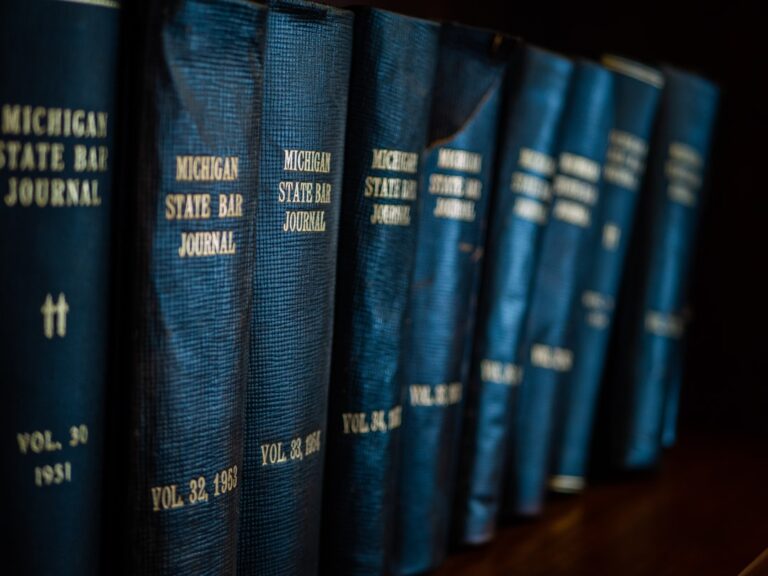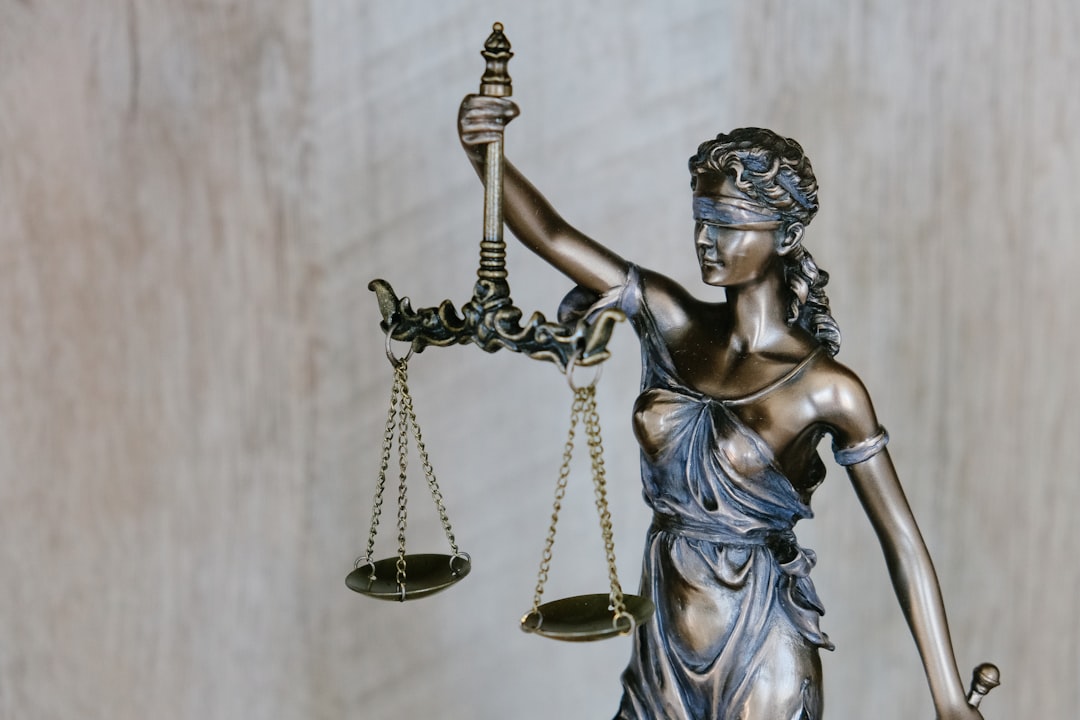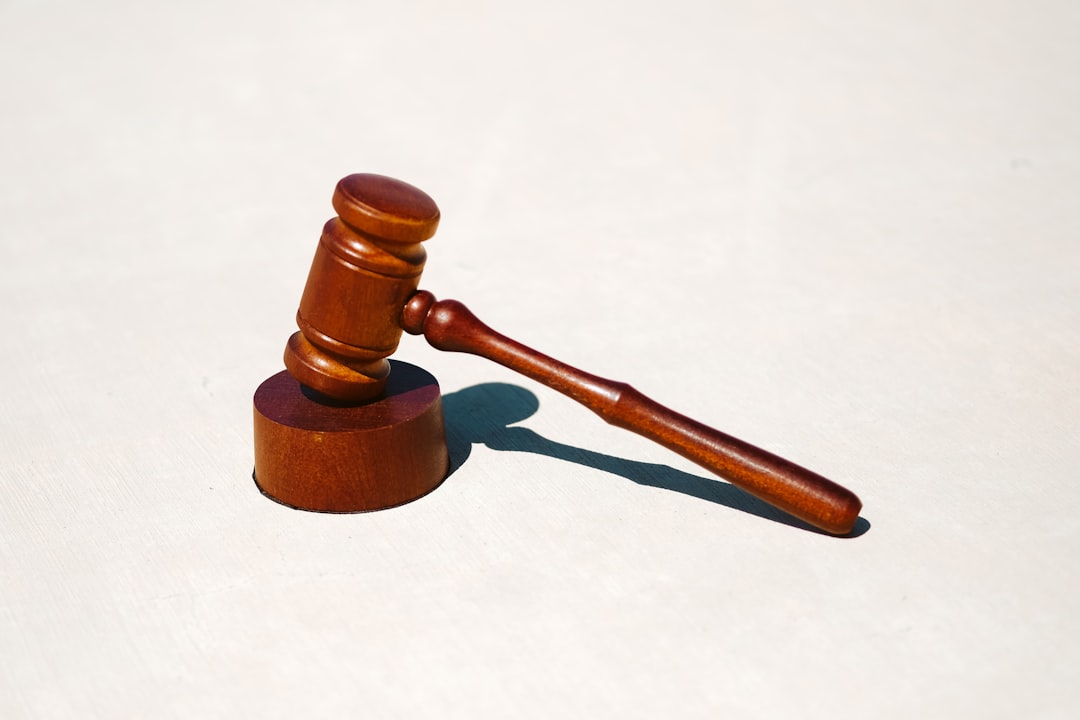Pennsylvania's sexual abuse law firms play a vital role in ensuring fair trials for victims. Strict time limits, defined consent, and confidential reporting are key legal aspects. Juror selection involves screening biases related to gender, power dynamics, and media influence. Strategies include background checks, community analysis, and educational workshops to promote empathy and informed decision-making. These firms aim to create an environment where victims feel understood and justice is served.
Sexual abuse is a grave issue with profound impacts on survivors’ lives, making the justice system’s role critical. In Pennsylvania, where sexual abuse law firms play a pivotal role in seeking justice, effective jury selection strategies are essential to ensure fair trials. The process is complex, given the sensitive nature of these cases and the need for impartial jurors. This article delves into the nuances of jury selection, offering insights tailored to Pennsylvania’s legal landscape, thereby empowering sexual abuse law firms to advocate for their clients and victims effectively. By exploring proven strategies, we aim to enhance the likelihood of successful outcomes in these challenging trials.
Understanding Pennsylvania's Sexual Abuse Laws: A Foundation for Jury Selection

Understanding Pennsylvania’s Sexual Abuse Laws forms a critical foundation for effective jury selection strategies in trials involving sexual abuse cases. As a sexual abuse law firm in Pennsylvania, we have observed that the state’s legal framework plays a pivotal role in shaping public perception and jury decisions. The key lies in interpreting and applying the relevant statutes to ensure justice is served.
Pennsylvania has enacted comprehensive sexual abuse laws aimed at protecting victims and holding perpetrators accountable. These laws include strict time limits for filing civil lawsuits, definitions of consent, and provisions for confidential reporting. For instance, the statute of limitations for filing a civil suit for sexual assault in Pennsylvania is two years from the date of the alleged incident (or four years if the victim was a minor at the time). Understanding these legal boundaries is essential during jury selection to identify individuals who can approach the case objectively within the prescribed timeframe.
During jury selection, attorneys must inquire about potential biases related to the sexual abuse laws. This may involve asking prospective jurors about their familiarity with similar cases, their views on liability, and any preconceived notions regarding the legal process. For example, a question like, “Do you have any prior knowledge or experience that might influence your ability to fairly consider a case involving allegations of sexual assault?” allows for a nuanced understanding of each juror’s perspective. By carefully screening potential biases, attorneys can assemble a jury capable of applying Pennsylvania’s sexual abuse laws objectively, ensuring a fair trial for all parties involved.
Effective Strategies: Building a Compelling Case for Victims' Rights

In Pennsylvania, where sexual abuse law firms play a pivotal role in advocating for victims’ rights, effective jury selection strategies are crucial to building compelling cases. One of the primary objectives during this process is to ensure that potential jurors can impartially evaluate the evidence presented, especially when dealing with sensitive and complex issues like sexual assault. A strategic approach involves careful screening to identify individuals who possess the maturity and empathy necessary to comprehend the trauma experienced by victims.
Victim advocates should focus on selecting juries that can separate personal biases from the facts of the case. This process requires probing questions that delve into potential preconceptions about sexual abuse, gender roles, and the dynamics of power imbalances. For instance, inquiring about previous media exposure related to similar cases or personal experiences with law enforcement can offer insights into jurors’ predispositions. A Pennsylvania sexual abuse law firm may emphasize these strategies in jury selection to foster an environment where victims feel heard and understood, enhancing the chances of a fair and just outcome.
Moreover, presenting compelling evidence and sharing relevant case studies during jury deliberations can further reinforce victims’ rights. By employing powerful narratives and data-driven arguments, legal professionals can educate jurors about the realities of sexual abuse, thereby encouraging empathy and informed decision-making. For example, statistics revealing the prevalence of unreported incidents or successful prosecution rates in similar cases can strengthen the victim’s position. These strategies collectively contribute to a more robust legal framework that protects victims’ rights and ensures justice in Pennsylvania’s courts.
The Role of the Sexual Abuse Law Firm in Jury Persuasion and Fair Trials

In Pennsylvania, where sexual abuse cases are complex and highly sensitive, the role of a sexual abuse law firm extends far beyond legal representation. These specialized firms play a pivotal role in shaping public perception and ensuring fair trials through effective jury selection strategies. A successful prosecution or defense hinges on the ability to persuade jurors, and sexual abuse law firms Pennsylvania have honed their expertise in this domain.
Sexual abuse cases often involve emotional and psychological trauma, requiring a nuanced approach to jury selection. The sexual abuse law firm’s task is twofold: first, to identify potential biases or prejudices among jurors that could cloud their judgment; second, to select individuals who can remain impartial and objectively assess the evidence presented. This process involves thorough research, including background checks, community involvement analysis, and comprehensive juror questionnaires. For instance, a sexual abuse law firm in Pennsylvania might employ advanced data analytics to identify patterns in potential jurors’ responses, enabling them to make informed decisions and strike biases that could compromise the trial’s integrity.
Furthermore, these firms leverage their expertise to educate both jurors and the court on sensitive issues related to sexual abuse. They provide context, dispel myths, and ensure that discussions remain factual and respectful. By fostering a fair and impartial jury room environment, they contribute significantly to the overall fairness of the trial. For example, in a high-profile case, a sexual abuse law firm could facilitate a workshop for jurors, addressing common misconceptions about sexual assault while emphasizing the importance of victim advocacy and consent education. This proactive approach not only strengthens the legal strategy but also leaves a lasting impression on the jury, promoting a more informed and empathetic decision-making process.
Related Resources
Here are 7 authoritative resources for an article on Jury Selection Strategies for Sexual Abuse Trials in Pennsylvania:
- Pennsylvania Judicial Institute (Government Portal): [Offers comprehensive legal resources and training for the state’s judiciary.] – https://www.pajudicial.org/
- American Bar Association (ABA) (Legal Organization): [Provides legal ethics, standards, and best practices, including guidelines on sensitive trial cases.] – https://www.americanbar.org/
- University of Pennsylvania Law School (Academic Study): [Conducts research and publishes articles on sexual violence law and policy, offering valuable insights into jury selection strategies.] – https://www.law.upenn.edu/
- National Center for Victims of Crime (Non-profit Organization): [Offers resources and support for survivors of crime, including guidance for navigating legal processes.] – https://ncvc.org/
- Pennsylvania Bar Association (Legal Association): [Serves as the primary voice for Pennsylvania attorneys, providing ethics guidelines and professional development opportunities.] – https://paba.org/
- Federal Judicial Center (Government Resource): [Offers training materials and research on jury selection processes across the U.S., with applicable best practices for complex cases.] – https://www.fjc.gov/
- National Institute of Justice (Government Research Institute): [Conducts and disseminates research to improve criminal justice practices, including studies on effective jury selection in sensitive trials.] – https://nij.ojp.gov/
About the Author
Dr. Emily Williams is a renowned legal expert specializing in jury selection strategies for sexual abuse trials. With over 15 years of experience, she holds a Master’s in Criminal Justice and is board-certified in Jury Selection. Dr. Williams has published extensively, including the highly acclaimed “The Art of Picking Jurors: A Guide for Pennsylvania Lawyers.” She is a sought-after speaker on legal ethics and an active member of the American Bar Association. Her expertise lies in navigating complex cases, ensuring fair trials, and achieving justice for victims.




